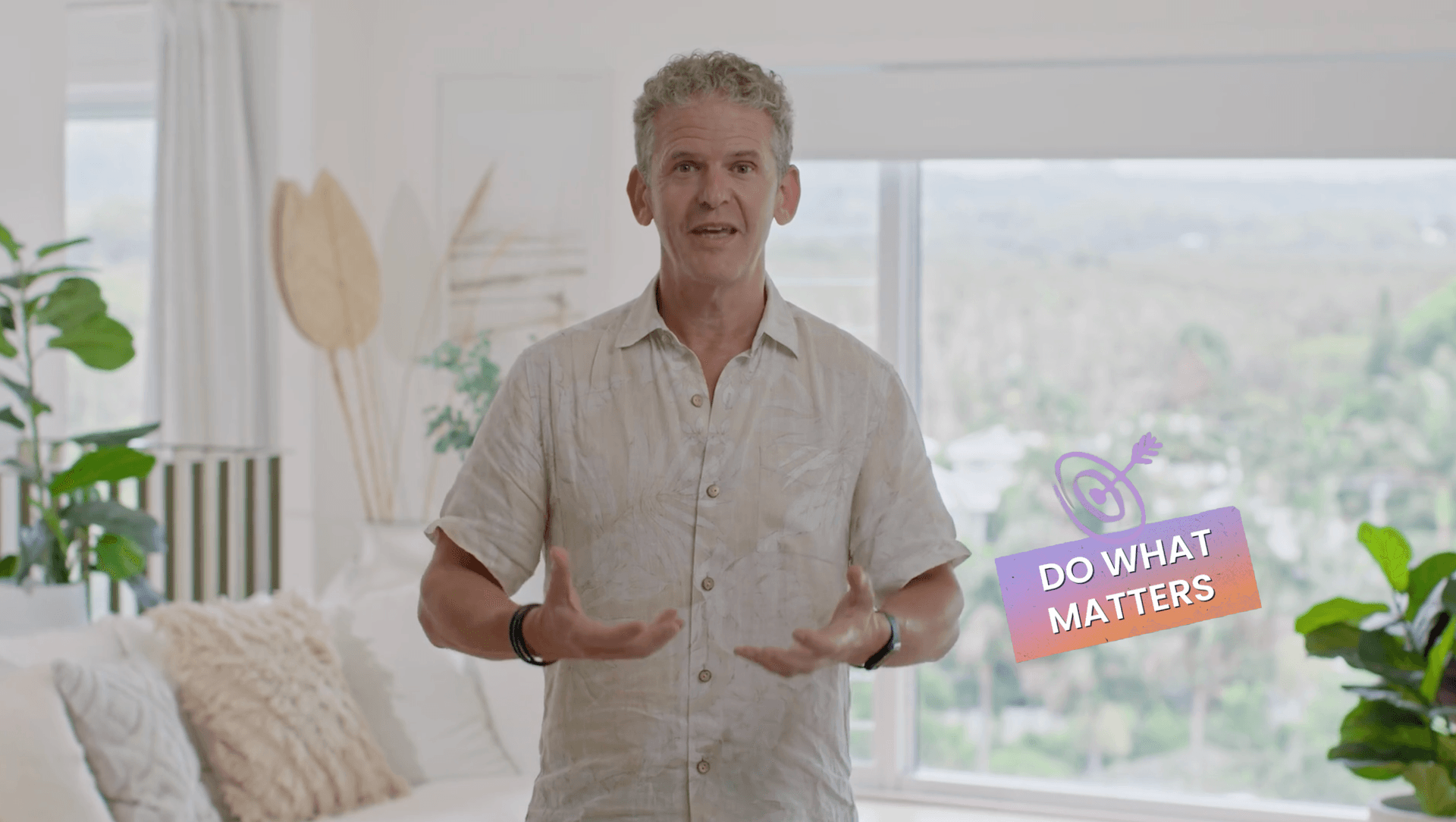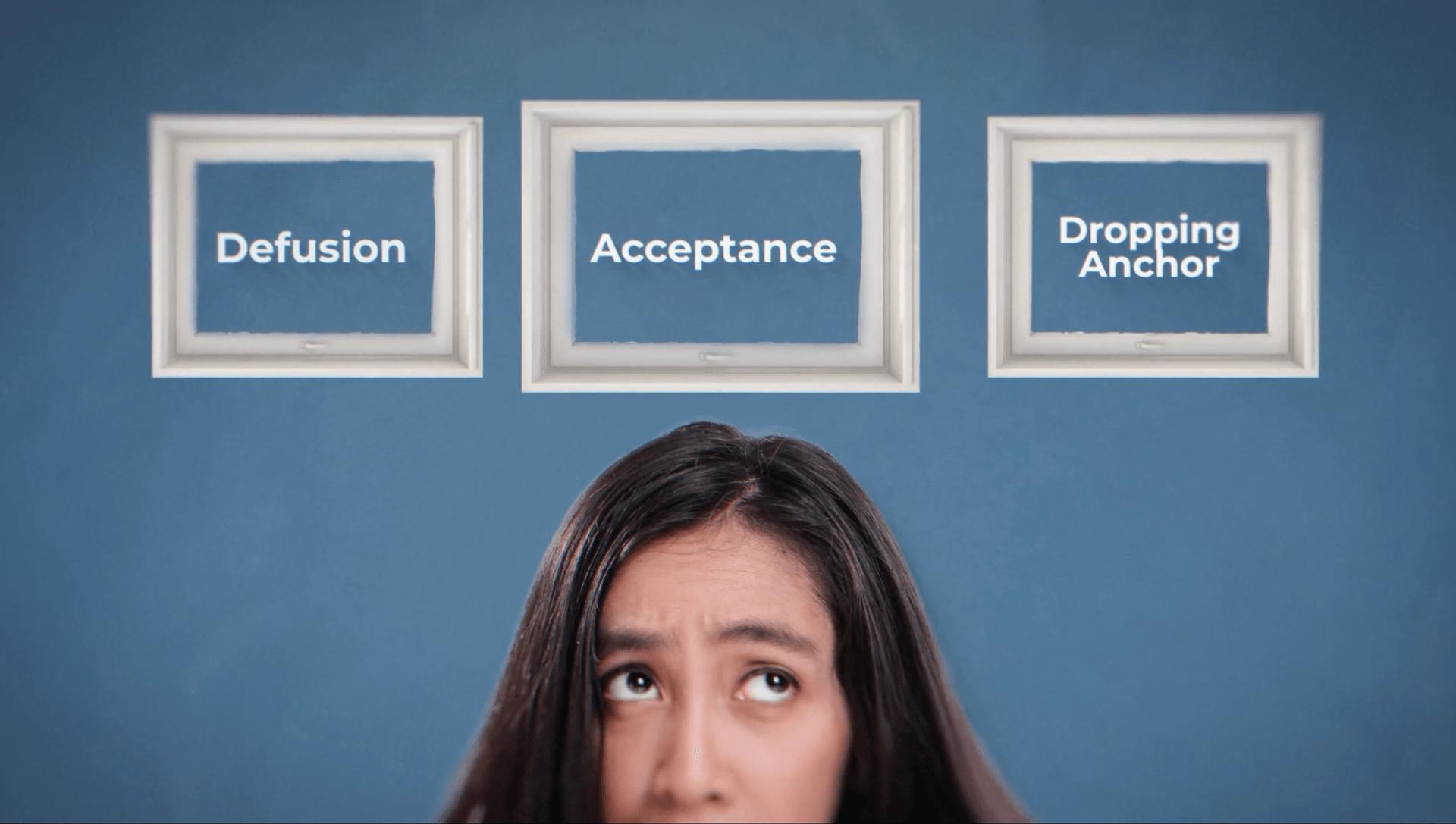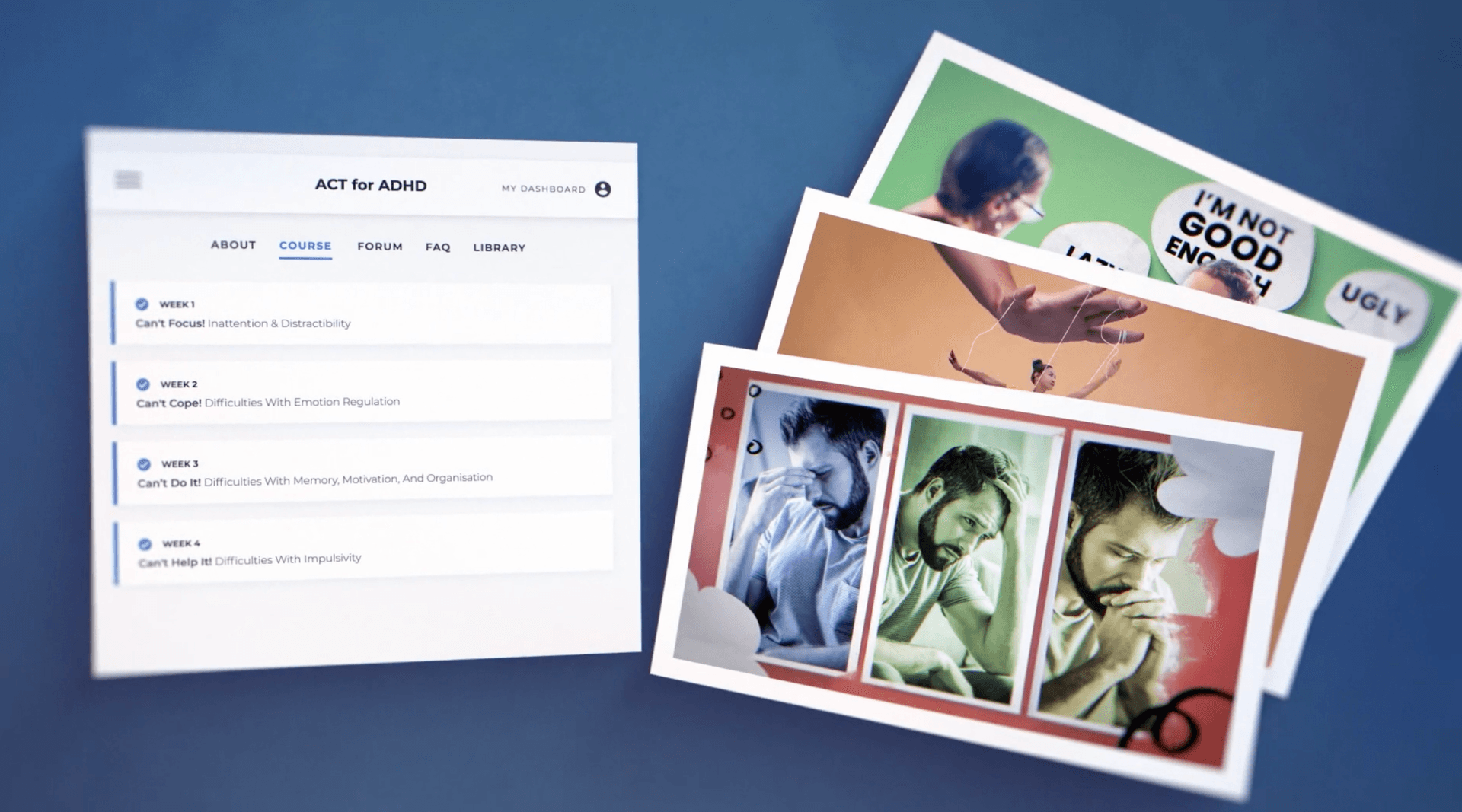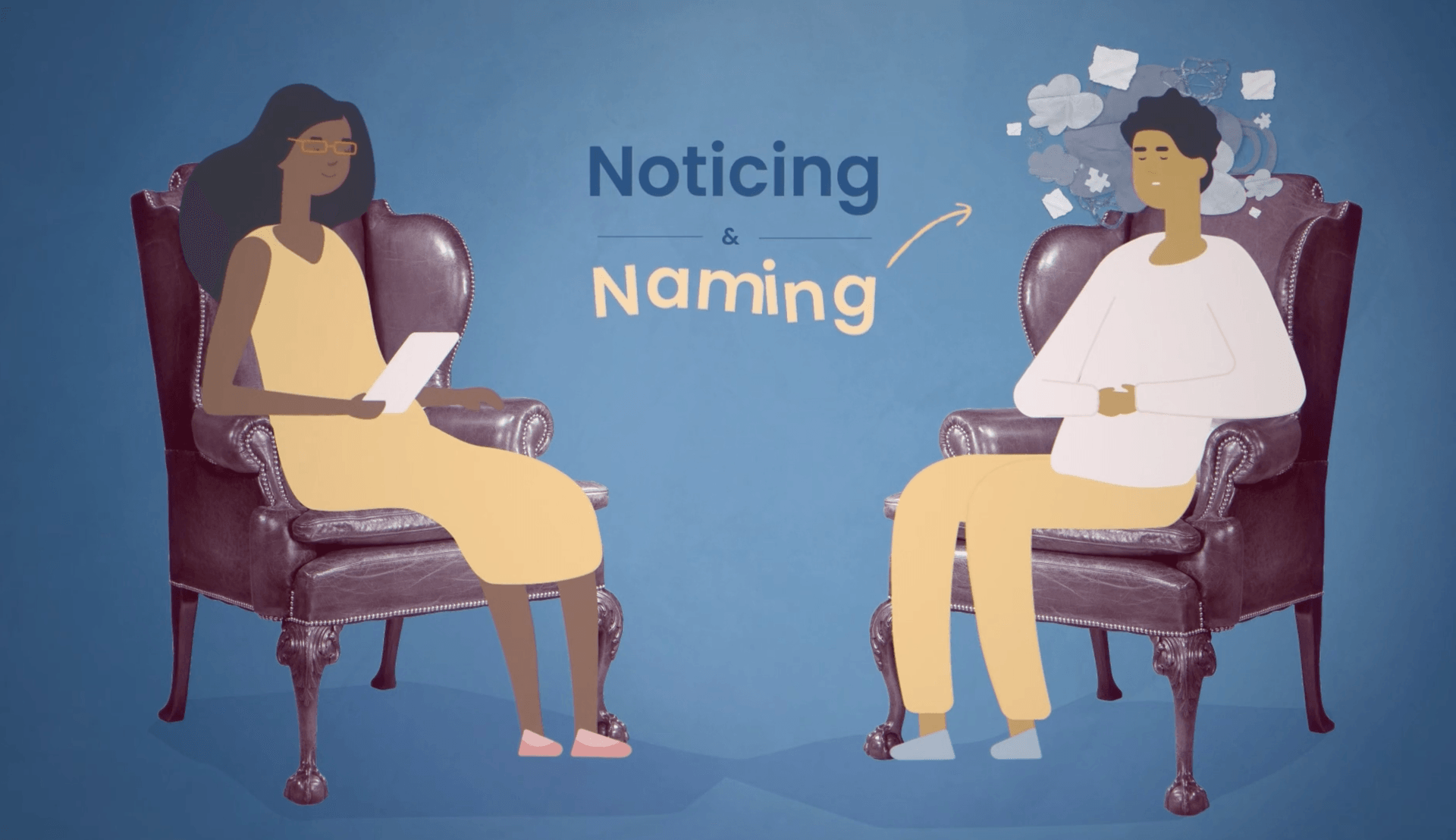Dr Russ Harris, author of the million-copy bestseller, The Happiness Trap, is a world-leading ACT trainer. He is a consultant to the World Health Organization, and a pioneer in making ACT accessible and practical. It’s no surprise that his textbook, ACT Made Simple, is the world’s top-selling textbook on ACT.
Through fun and engaging video lessons (if you know, you know!), powerful therapy demonstrations, and ongoing interactive discussions in the forum, Russ will guide you, step-by-step, as you develop skills you can use right away.
You’ll see real clients, making real changes, in real time. And, although the course focuses on adults, everything covered is relevant and easily adaptable for adolescents.




